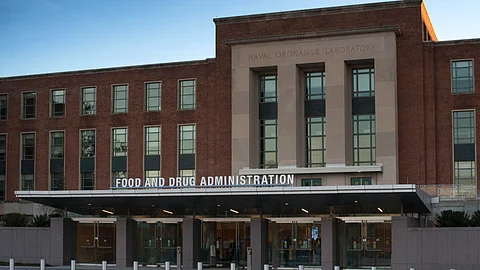Updated Safety Measures and Recommendations
To address these concerns, the FDA advises patients taking GLP-1 RAs to inform their healthcare providers, especially anesthesiologists and surgeons, before scheduling any surgeries or procedures that require anesthesia. The new warnings have been added not only to the “Warnings and Precautions” section but also to the “Adverse Reactions” and “Postmarketing Experience” sections of the drug labels. Additionally, updates were made to the medication guide section to ensure that patients are well-informed about these potential risks.
Healthcare providers are now urged to counsel patients regarding the possible complications associated with GLP-1 RAs, particularly the risk of delayed gastric emptying and aspiration during surgical procedures. Physicians are recommended to discuss these potential side effects before prescribing GLP-1 RAs so that patients can adequately communicate their medication use to all healthcare professionals involved in their care, especially before undergoing anesthesia.
Implications for Patient Safety
This update by the FDA emphasizes the importance of open communication between patients and healthcare providers. While there is currently insufficient evidence to establish specific preoperative fasting guidelines or medication discontinuation protocols for GLP-1 RAs, the proactive addition of these warnings reflects the FDA’s commitment to patient safety. Given the widespread use of these medications for various conditions, including diabetes and obesity, the updated guidance is a significant step towards mitigating the risks associated with their use.
Patients on GLP-1 RAs are strongly encouraged to engage in conversations with their healthcare teams about the risks of delayed gastric emptying, especially if surgery or anesthesia is anticipated. This collaborative approach aims to reduce the likelihood of adverse events and improve overall patient outcomes.
Future Directions
As more data becomes available, healthcare professionals can expect further guidance from regulatory authorities. In the meantime, the FDA’s updated labeling serves as a reminder for both patients and providers to exercise caution and prioritize safety when using GLP-1 RAs in the context of surgical procedures.
The FDA’s alert also opens the door for further research into optimizing preoperative protocols for patients on these medications, potentially leading to revised fasting guidelines or recommendations for temporary discontinuation of GLP-1 RAs in the perioperative setting.
(Input from various sources)
(Rehash/Ankur Deka/MSM)


